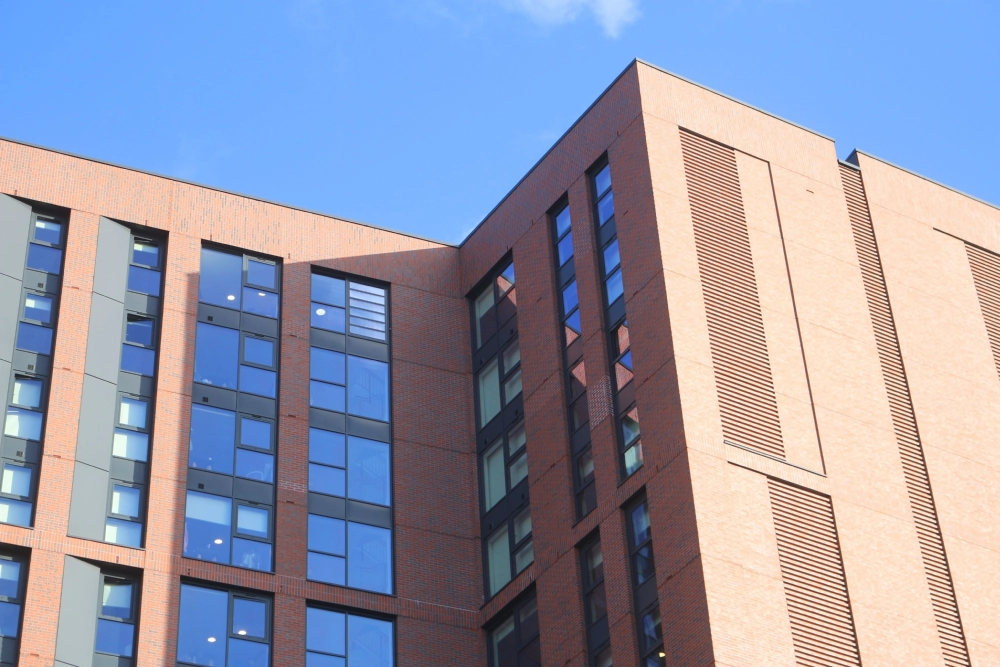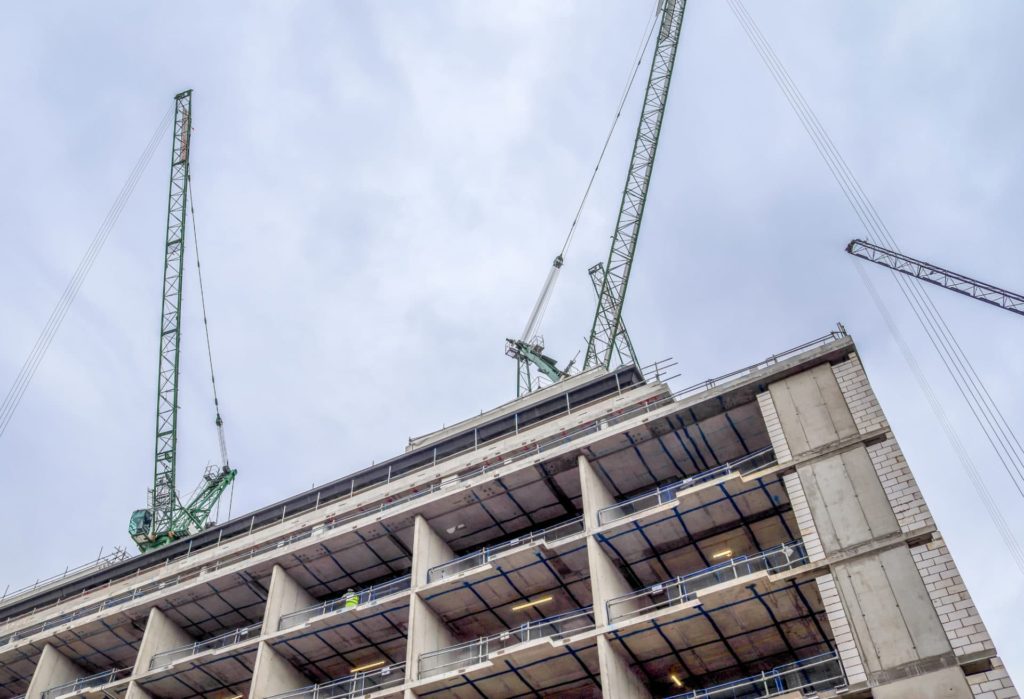
Business tenants: MEES and the rise of green clauses

By Carol Phillips, Kate Taylor
4 Jul 2023 | 1 minute read
The minimum energy efficiency standards (MEES) require let non-domestic properties to have a minimum energy performance certificate (EPC) rating of E.
This means MEES now affect existing and new leases, and green lease clauses are currently a key negotiation point on the grant of new or renewal leases. For more detail on the changes to minimum energy efficiency standards, please see our previous article.
Any proposed energy efficiency improvements could have financial consequences for a business in relation to existing, new and renewal leases. Our guide explains the changes and key points to consider.
Key questions
From 1 April 2023, it is unlawful for landlords to continue to let non-domestic premises for which there is a valid EPC and the rating is below the minimum energy efficiency standard (MEES). The current MEES is an EPC asset rating of E.
Landlords and tenants should bear in mind that, although not yet law, the government has proposed increasing the minimum energy efficiency standard to C by 2027 and B by 2030.
Landlords of substandard non-domestic premises, which are subject to leases, may want to carry out energy efficiency improvements to increase the asset rating.
This could be because of the recent changes or because of the anticipated tightening of the minimum energy efficiency standard over time.
This will depend on the terms of the lease in each case. For example, a landlord will need to consider whether they have reserved adequate access rights to enter the premises to do the works.
Landlords accessing premises to carry out works will be a concern for tenants, as the works could interrupt trade and operation of the premises.
Take care. Whether you can refuse access will depend on the terms of the lease, but you should warn those occupying to notify your legal team if they receive a request for access to carry out any such works.
This will allow you to fully evaluate the landlord’s proposal before you respond or allow access.
It is the landlord’s responsibility to comply with the minimum energy efficiency standards but liability for the cost of any works carried out at the premises will be
determined by the provisions in the lease.
This may be covered in the service charge provisions, the reimbursement of costs provisions, a statutory compliance clause or somewhere in the lease.
The landlord may be able to rely on an exemption from the obligation to comply with the minimum energy efficiency standards. One exemption is the absence
of a third-party consent, which could include failing to obtain the tenant’s consent to the works.
Where permissible, refusing to consent could benefit both parties if it would allow the tenant to avoid the liability for the cost of works and the landlord to lawfully continue to let the premises.
The lease will set out whether the works should be disregarded on rent review. In some cases, tenants may wish to consider carrying out energy efficiency improvements works themselves.
If the tenant chooses to carry out such works, the lease will set out whether the tenant could be required to reinstate the works following expiry of the term.
On renewal, landlords may ask to include green lease clauses, which impact sustainability or environmental efficiency of the premises.
A careful review of any such drafting should be carried out to check the impact on the tenant in terms of costs and liability for energy efficiency works and the impact on your own environmental, social and governance (ESG) policy.
We're here to help
Please contact us for a lease review of an existing lease, or a review of proposed green lease clauses on renewal.














